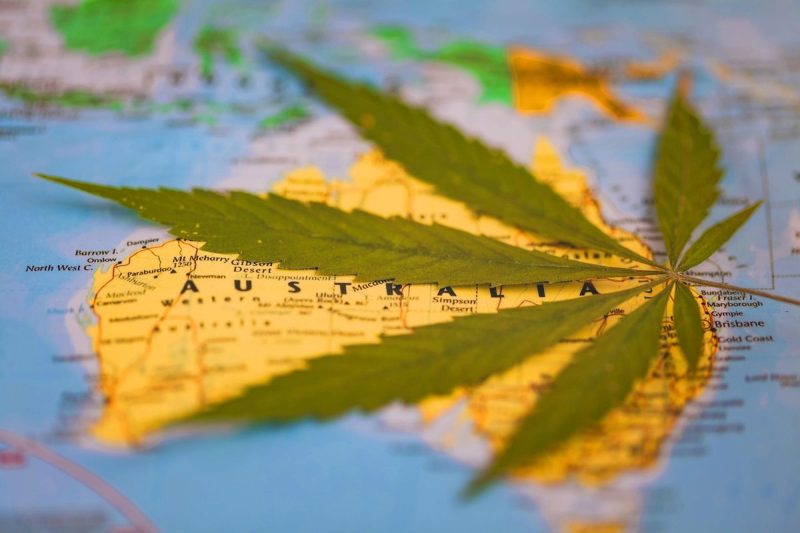In Australia, the landscape for cannabis legalization and regulation varies significantly from state to state. The federal government regulates medicinal cannabis, but each state has its own laws and policies regarding recreational use. Let’s delve into the state-by-state guide to cannabis in Australia, understand the current regulations in place and explore the future outlook for cannabis across the country.
New South Wales (NSW) is known for its relatively strict cannabis laws compared to other states. Possession of small amounts of cannabis for personal use may lead to penalty notices or criminal charges, although diversion programs are available for first-time offenders. Medicinal cannabis is legal in NSW, subject to strict regulations and medical approval.
Queensland has a medicinal cannabis scheme that allows access to cannabis products for patients with specific medical conditions. However, recreational use remains illegal, with penalties varying based on the quantity and circumstances of possession. Queensland is actively exploring opportunities for expanding its medicinal cannabis program to improve patient access and choice.
In Victoria, medicinal cannabis has been legalized and is available for patients with certain medical conditions. The state government has established a regulatory framework to ensure the safe and controlled supply of medicinal cannabis products. Victoria has been at the forefront of cannabis research and implementation of medical trials to explore the potential benefits of cannabis in various treatments.
South Australia has taken a more lenient approach towards cannabis compared to some other states. Possession of small quantities of cannabis for personal use may result in expiation notices rather than criminal charges. Medicinal cannabis is legal in South Australia, with patients able to access cannabis products through authorized healthcare providers.
Western Australia follows a similar approach to South Australia regarding personal use of cannabis, with possession of small quantities often resulting in fines rather than criminal charges. Medicinal cannabis is legal in Western Australia under strict regulations to ensure patient safety and quality control. The state government is committed to expanding patient access to medicinal cannabis products.
Tasmania has decriminalized possession of small quantities of cannabis for personal use, with penalties primarily being fines and diversion programs for first-time offenders. Medicinal cannabis is legal in Tasmania, with patients able to access cannabis products after obtaining medical approval and meeting certain criteria. The state government is focusing on education and awareness programs to ensure safe and responsible use of cannabis.
In the Northern Territory, possession of small quantities of cannabis for personal use may result in diversion programs or criminal charges, depending on the circumstances. Medicinal cannabis is legal in the Northern Territory for patients with specific medical conditions, subject to medical approval and regulatory requirements. The territory is exploring opportunities to further expand access to medicinal cannabis products.
Australian Capital Territory (ACT) made headlines by legalizing recreational cannabis for personal use in small quantities. Individuals aged 18 and above can possess and grow limited amounts of cannabis for personal use in the ACT. Medicinal cannabis is also legal in the ACT, with a regulatory framework in place to oversee the cultivation, production, and distribution of medicinal cannabis products.
In conclusion, the state-by-state guide to cannabis in Australia showcases the diverse regulatory approaches and attitudes towards cannabis across the country. While medicinal cannabis has gained wider acceptance and legalization, recreational cannabis remains a complex and evolving landscape with varying laws and penalties in different states. The future of cannabis in Australia hinges on ongoing discussions, research, and policy developments to ensure safe access to cannabis products while addressing public health and regulatory concerns.
